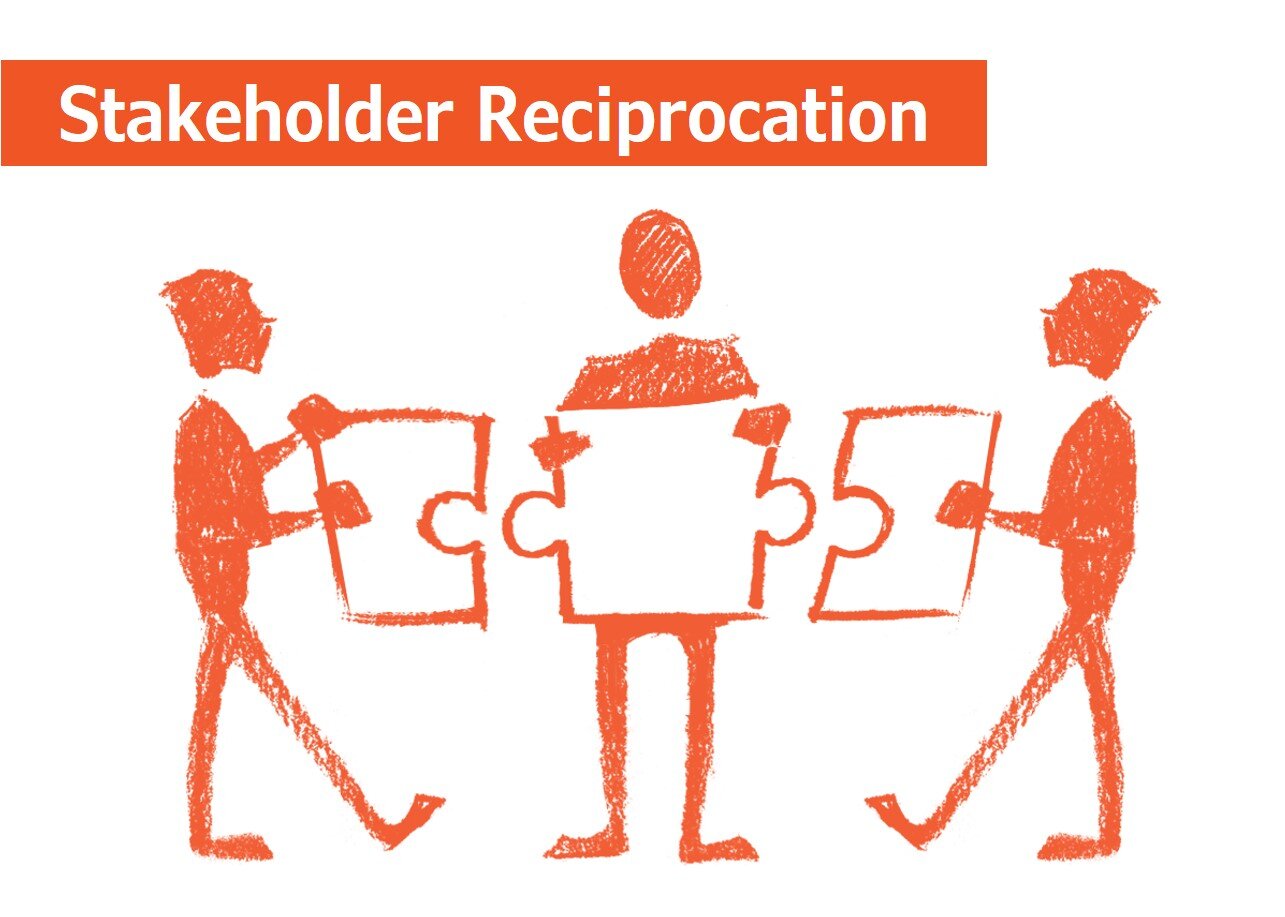Blog
How to delight your stakeholders
To enhance the relationships your company has, consider risk and reward. What to people risk by ignoring your offering and looking elsewhere? What reward will they receive if they do buy from, work for, or assist you? Get into the mind of your stakeholders and work out what your organisation means to them.
Build your business for the people
One of the great challenges of leading a business is properly attending to your various stakeholder groups. How do you communicate with your most junior employees? Are you so sales focused that you’re only considering your customers? When was the last time you touched base with your partner companies?
Define success, or prepare to fail
One of the most difficult aspects of being a leader is concluding relationships that do not profit your organisation. However, this is necessary if you want your business to progress in line with its potential.
Business success – it goes both ways
Your stakeholder groups provide a good gauge of your company performance, as you are accountable to each to fulfil your end of the deal. For employees this might constitute scope for promotion, for clients this might be offering technical support with a product. If one of your stakeholder groups is dissatisfied this instantly signals that your organisation is getting something wrong.
Suboptimal relationships will damage your company
One of the most difficult aspects of being a leader is concluding relationships that do not profit your organisation. However, this is necessary if you want your business to progress in line with its potential.
How to extract the most profit from your existing clients
Consistency is often credited as a key contributor to sustaining business success, but making all stakeholder interactions as predictable and uniform as possible is not an effective strategy.
Are you shopping hungry?
Going into a supermarket hungry can be a big mistake; being surrounded by shelves of tempting treats can frequently lead to unnecessary purchases. The chocolate bar you pick up just before the checkout may seem like a good idea at the time, but in truth you never intended to buy it, it’s not nutritious and it’s not filling. Having a clear idea of what you want and sticking to it should be the strategy, but succumbing to short-term desires can often be the outcome…
If you do not delight your stakeholders, you risk losing them
True reciprocal relationships are the most productive as loyalty and engagement are cultivated. Therefore, demonstrating your appreciation for your stakeholder will make these relationships longer lasting. If your clients, employees, or suppliers feel unrecognised or under-valued they will begin to consider your competitors…
Understanding the interests of each stakeholder group is one thing, managing them all effectively is another
The petrochemical company Shell recognise the importance of balancing their various stakeholder relationships. As environmental awareness rises, Shell must ensure they are satisfying a multitude of demands that not only keep their business running profitably, but also attend to evolving attitudes on natural resources…
How do you balance the interests of your different stakeholder groups?
Making each of your stakeholder relationships mutually productive can be challenging, but to balance them all is another complication. Businesses that achieve sustained improvement manage their stakeholder groups effectively, utilising their skillsets and satisfying their concerns…
Are your stakeholder relationships genuinely reciprocal?
Working with people who align with your values is essential to running a successful business. Leaders should always keep their future vision in mind and cooperating with stakeholders that match their company culture is part of this...
Do you take the time to appreciate your stakeholders?
Many leaders operate in an ‘achieve and reset’ mode; when a goal is achieved it is instantly replaced with a new one. This may seem the most productive way to function, but it can squeeze out the processes of recognition, reflection, and understanding…












